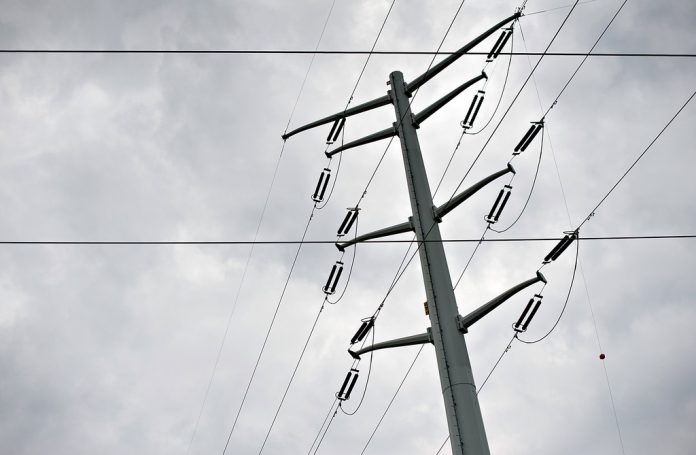
WARWICK – Homes and most small businesses in Rhode Island will see their electricity rate jump nearly 30 percent from October through March, according to details provided Tuesday of newly approved winter utility rates.
The rate hike applies to small commercial customers on National Grid Rhode Island’s so-called “Standard Offer” system. For those customers, their monthly electricity usage charges will increase by $29 a month on average from October through March, then those charges are projected to drop by $24 a month on average from April through September, regulators said.
Those charges are based on National Grid’s Standard Offer electricity rate for small businesses, which currently is 8.486 cents per kilowatt hour. That rate will go up to 10.99 cents per kilowatt hour, starting Oct. 1. The new rate represents a 29.5 percent increase over the current rate. It applies only to the portion of bills for energy usage – the amount of electricity a customer uses.
However, National Grid customers can expect their electricity rates to drop for the summer season from April through September. The summer rates have not yet been finalized, but are not expected to drop all the way back to what they were prior to the winter increases.
About 80 percent of small businesses that receive electricity on the company’s power grid are Standard Offer customers. The remaining 20 percent get their electricity from different sources on the competitive supply market, although National Grid still charges those customers distribution rates for use of the company’s power grid.
Like small businesses, National Grid’s electricity rate for homes, or residential customers, also will rise to 10.99 cents per kilowatt hour beginning in October, up from the current 8.486 cents per hour, also representing a 29.5 percent hike. However, the residential rate is projected to come down to 8.996 cents per hour from April through September.
The two-part rate hike for residential customers is projected to boost their electricity bills by roughly $13 a month from October through March, then drop to an increase of less than $3 a month from April through September, compared with current billing rates. The numbers are for a home using 500 kilowatt hours of electricity a month.
Meanwhile, about 96 percent of medium-sized commercial customers on National Grid’s system have electricity rates that vary from month to month. Less than 4 percent have a fixed electricity rate, which will go up to 11.88 cents per kilowatt hour starting in October.
The current fixed rate for medium-sized commercial customers is 8.19 cents per kilowatt hour. Last winter, that rate was 9.35 cents per kilowatt hour, the company said.
Most large commercial and industrial customers on the National Grid system have variable monthly rates and typically opt to buy electricity on the competitive supply market.
Monday, the R.I. Public Utilities Commission approved a package of winter rate increases for National Grid, the bulk of which covers homes and small businesses. The commission approved a six-month package of winter rate hikes for October through March, while planning smaller increases to be determined later for the following six-month period from April through September.
The aim is to spread out the costs to ratepayers for the winter season by extending small increases into next spring and summer, compared with current spring and summer rates.
“While Rhode Island continues to work with regional partners to reduce winter electric rate price spikes in the long term, the commission’s ruling limits the impact this year while retaining a significant projected price reduction [compared with the winter rates] for the spring and summer of 2019,” said Division of Public Utilities & Carriers Administrator Macky McCleary in a statement Tuesday.
Scott Blake is PBN staff writer. Email him at Blake@pbn.com.












